Related Research Articles

Opera Australia is the principal opera company in Australia. Based in Sydney, New South Wales, its performance season at the Sydney Opera House accompanied by the Opera Australia Orchestra runs for approximately eight months of the year, with the remainder of its time spent at the Arts Centre Melbourne, where it is accompanied by Orchestra Victoria. In 2004, the company gave 226 performances in its subscription seasons in Sydney and Melbourne, Victoria, attended by more than 294,000 people.
The BBC Symphony Orchestra is a British orchestra based in London. Founded in 1930, it was the first permanent salaried orchestra in London, and is the only one of the city's five major symphony orchestras not to be self-governing. The BBC SO is the principal broadcast orchestra of the British Broadcasting Corporation (BBC).

Sir John Barbirolli was a British conductor and cellist. He is remembered above all as conductor of the Hallé Orchestra in Manchester, which he helped save from dissolution in 1943 and conducted for the rest of his life. Earlier in his career he was Arturo Toscanini's successor as music director of the New York Philharmonic, serving from 1936 to 1943. He was also chief conductor of the Houston Symphony from 1961 to 1967, and was a guest conductor of many other orchestras, including the BBC Symphony Orchestra, London Symphony Orchestra, the Philharmonia, the Berlin Philharmonic and the Vienna Philharmonic, with all of which he made recordings.

The NBC Symphony Orchestra was a radio orchestra conceived by David Sarnoff, the president of the Radio Corporation of America, the parent corporation of the National Broadcasting Company especially for the conductor Arturo Toscanini. The NBC Symphony Orchestra performed weekly radio broadcast concerts with Toscanini and other conductors and several of its players served in the house orchestra for the NBC Radio Network. NBC encouraged the public’s perception of the Orchestra as a full-time organization exclusively at Toscanini’s beck and call, but Fortune disclosed in 1938 that these instrumentalists played other radio—and, later, television—broadcasts: “the Toscanini concerts have been allocated only fifteen of the thirty hours a week each man works, including rehearsals.”

Arturo Toscanini was an Italian conductor. He was one of the most acclaimed and influential musicians of the late 19th and early 20th century, renowned for his intensity, his perfectionism, his ear for orchestral detail and sonority, and his eidetic memory. He was at various times the music director of La Scala in Milan and the New York Philharmonic. Later in his career, he was appointed the first music director of the NBC Symphony Orchestra (1937–1954), and this led to his becoming a household name, especially in the United States, through his radio and television broadcasts and many recordings of the operatic and symphonic repertoire.
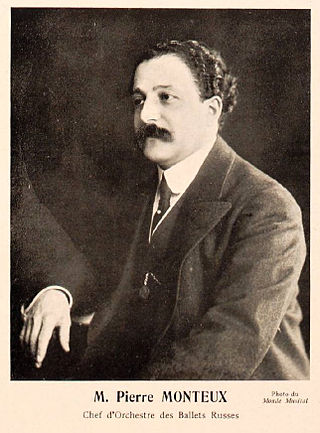
Pierre Benjamin Monteux was a French conductor. After violin and viola studies, and a decade as an orchestral player and occasional conductor, he began to receive regular conducting engagements in 1907. He came to prominence when, for Sergei Diaghilev's Ballets Russes company between 1911 and 1914, he conducted the world premieres of Stravinsky's The Rite of Spring and other prominent works including Petrushka, The Nightingale, Ravel's Daphnis et Chloé, and Debussy's Jeux. Thereafter he directed orchestras around the world for more than half a century.
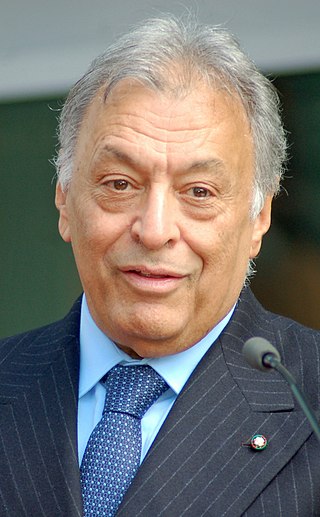
Zubin Mehta is an Indian conductor of Western classical music. He is music director emeritus of the Israel Philharmonic Orchestra (IPO) and conductor emeritus of the Los Angeles Philharmonic.

Sir Alan Charles MacLaurin Mackerras was an Australian conductor. He was an authority on the operas of Janáček and Mozart, and the comic operas of Gilbert and Sullivan. He was long associated with the English National Opera and Welsh National Opera and was the first Australian chief conductor of the Sydney Symphony Orchestra. He also specialized in Czech music as a whole, producing many recordings for the Czech label Supraphon.
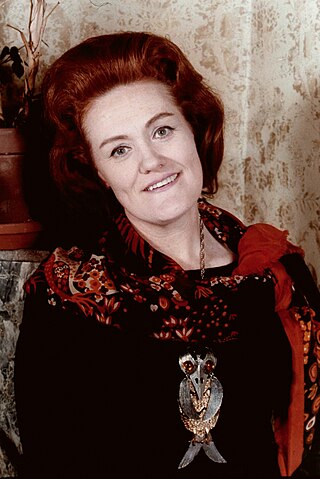
Dame Joan Alston Sutherland, was an Australian dramatic coloratura soprano known for her contribution to the renaissance of the bel canto repertoire from the late 1950s to the 1980s.
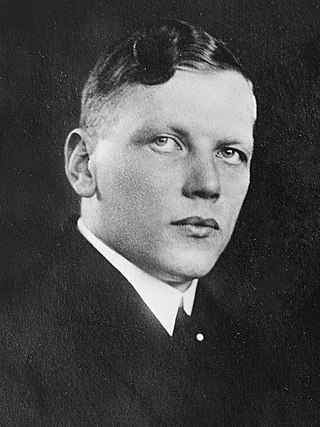
Hans Knappertsbusch was a German conductor, best known for his performances of the music of Wagner, Bruckner and Richard Strauss.

Victor Alberto de Sabata was an Italian conductor and composer. He is widely recognized as one of the most distinguished operatic conductors of the twentieth century, especially for his Verdi, Puccini and Wagner.
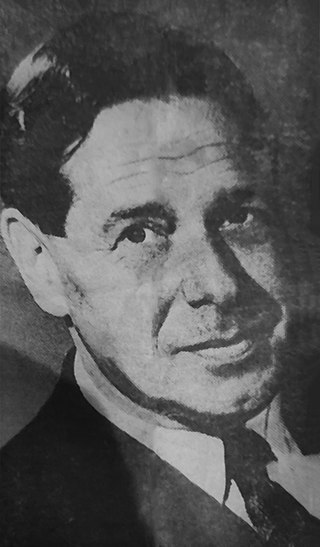
Arthur Leslie Benjamin was an Australian composer, pianist, conductor and teacher. He is best known as the composer of Jamaican Rumba (1938) and of the Storm Clouds Cantata, featured in both versions of the Alfred Hitchcock film The Man who Knew Too Much, in 1934 and 1956.

Sir Edward Thomas "Ted" Downes, CBE was an English conductor, specialising in opera.
Prima Donna is an opera in two acts with music by Rufus Wainwright to a French language libretto by Wainwright and Bernadette Colomine. The opera premiered at the Palace Theatre, Manchester, on 10 July 2009 at the Manchester International Festival.

"Ballerina (Prima Donna)" is a song recorded by English singer-songwriter Steve Harley, released by Stiletto Records as a non-album single on 29 July 1983. The song, written and produced by Mike Batt, reached number 51 in the UK Singles Chart.
Marina Rebeka is a Latvian soprano, active on both opera and concert stages. Associated with Violetta in Verdi's La traviata, she performs primarily in the 19th-century Italian and French repertoire, most notably works by Gioachino Rossini, in addition to Donna Anna in Mozart's Don Giovanni, another frequent role.

Washington Concert Opera is a professional opera company located in Washington, D.C. in the United States which presents operas in a concert format with full orchestra and chorus. WCO's distinctive repertoire consists of operas which either have not been presented recently in the Washington area, or are infrequently performed anywhere, or which represent opportunities to showcase artists.
Cavalleria Rusticana is a 1959 Australian television play, an adaptation of the opera by Pietro Mascagni. It was directed by Alan Burke.
The Telephone is a 1956 Australian television play. It was a filmed version of the opera The Telephone by Menotti. It was the first of many operas broadcast by the ABC. It went for 25 minutes and only featured two people, played by Marie Tysoe and Kevin Mills.
The Marriage of Figaro is a 1960 Australian TV film. It was a filmed version of Mozart's 1786 opera, sung in English.
References
- ↑ Interview with Alan Burke about opera
- ↑ "Interview with Alan Burke". ABC Gore Hill. Archived from the original on 14 March 2016. Retrieved 29 May 2016.
- ↑ Interview with Marie Tysoe